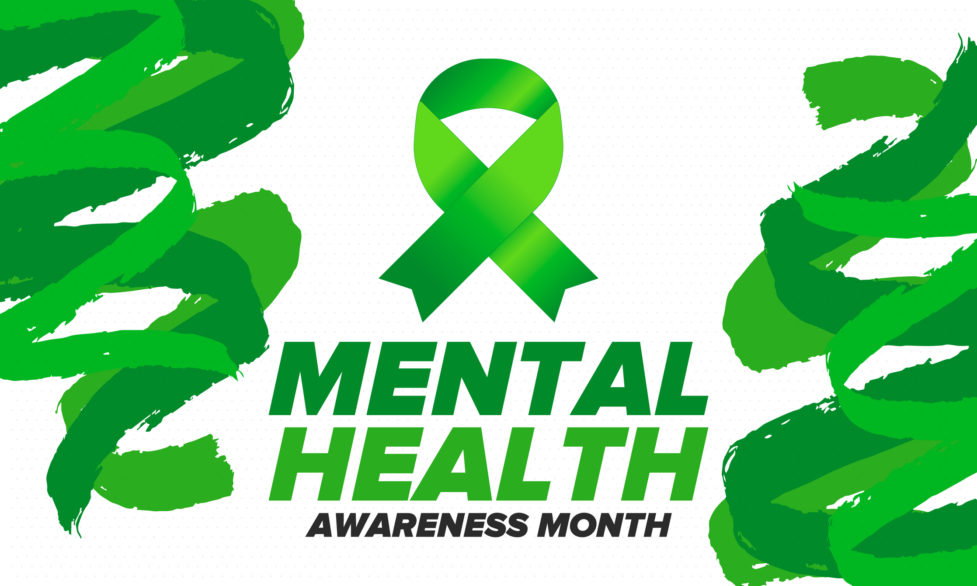by Anne Bird, MD
May is National Mental Health Awareness Month: a 31-day reminder of the importance of paying attention to our own mental wellness, and the emotional well-being of those around us. The first full week in May is further dedicated to the mental health of our children, supporting seven days of renewed commitment to improving the overall health and wellness of our nation’s children. But seven days, or even 31 days, is not enough. In this era of pervasive pandemic stress and social and political unrest, we need to expand our understanding of mental health, re-commit to nurturing a healthy mind in ourselves and others on a constant basis, and bake mental health awareness into our daily lives.
So, what is mental health? It comprises our psychological, social and emotional health; it’s how we manage when we encounter issues or stressors; and it’s how we think, behave and feel. For our children, it’s about reaching developmental and emotional milestones and learning healthy social skills. This is often a struggle for some kids. Per the National Alliance on Mental Health, one in six children between the ages of 6 and17 experience a mental health disorder each year. This staggering statistic highlights not only the importance of accessible, evidence-based treatment, but also down the importance of awareness and prevention. Just as we teach our kids to manage their physical health on a daily basis, we need to encourage them to monitor their mental health, too. Healthy minds lead to healthy bodies, and vice versa.
How do we promote mental health awareness? What guidance and tools can we give our kids to arm them for success? As with most things, we need to start with ourselves, and to
- recognize struggles within ourselves and our families;
- support each other, our colleagues, our friends and our community;
- promote awareness by talking about mental health with our kids and practicing active, non-judgmental listening; and
- prescribe our kids and ourselves a daily dose of an activity or outlet that supports health and mental wellness. Take your pick: exercise, music, meditation, time with pets, social outreach, art, or many other options that help refocus the day toward mindfulness and mental wellness.
Together, we can ensure our kids get the healthy development and future they deserve to meet their full potential.
Dr. Anne Bird is a board-certified pediatrician, child psychiatrist and adult psychiatrist. She is the medical program director of behavioral health integration at Rady Children’s and an associate clinical professor at University of California San Diego School of Medicine. Behavioral health integration is part of the Rady Children’s Transforming Mental Health initiative. Dr. Bird is committed to helping build an integrated network of mental health services, focused on early identification, education, decreasing stigma and increasing access to care for families. To learn more about Dr. Bird, visit www.rchsd.org/doctors/anne-bird-md/. To learn more about Rady Children’s Behavioral Health Services, visit www.rchsd.org/programs-services/behavioral-health-2/.
